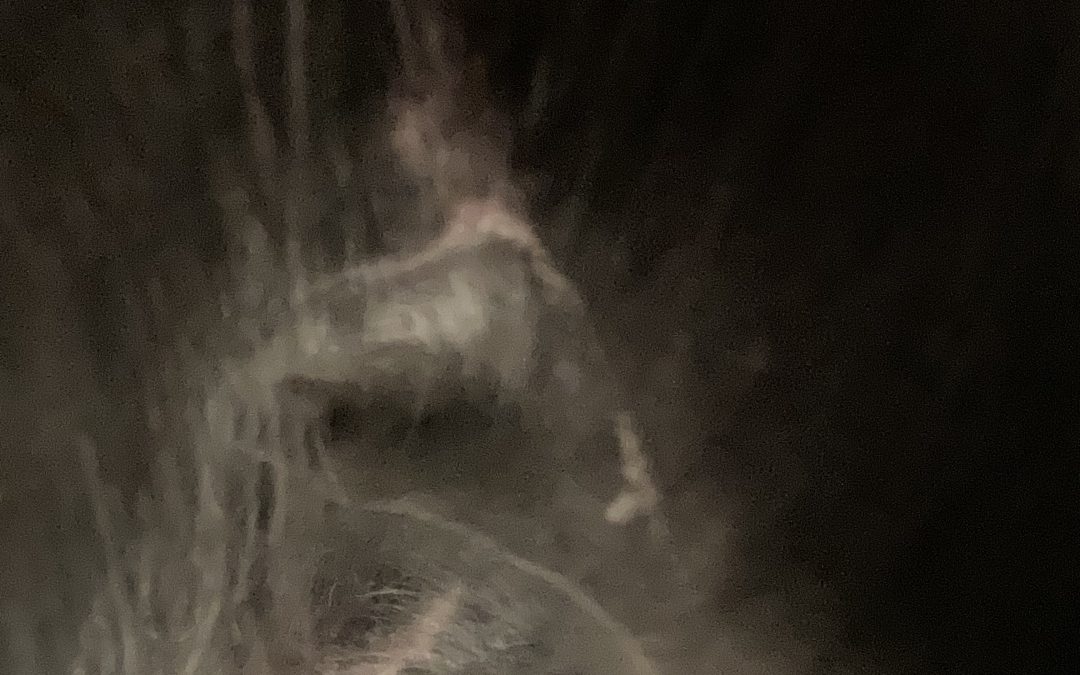There are many types of sarcoid six to be exact: Nodular, verrucous, occult, fibroblastic, mixed and malevolent. These cause heartache to many horses and owners.
Some interesting sarcoid facts:
- Sarcoids can develop anywhere on the skin, but some are more common than others
- Common areas:
- groin
- inner thighs
- axillae
- chest
- midline of the abdomen
- sheath
- eyes
- muzzle
- All equine can be affected but donkeys are particularly susceptible.
- More commonly found on geldings than mares
- They are a type of tumour (cancer) but they don’t metastasise (spread) to other organs
- No two sarcoids are the same, they need to be assessed individually and the most effective treatment used
- Trauma of any type to a sarcoid is likely to irritate and aggravate it
- Sarcoids can be unpredictable at all stages of development and treatment
- Sarcoids don’t come as just one lesion, if there is one there are more.
- There is no magic cure for sarcoids – it needs specialist assessment and treatment
Some of the early signs of sarcoid development are subtle but they all have hair-loss in the area that has been affected. If you see a lesion that is hairless when it shouldn’t be, it is better to get a vet check done sooner rather than later, as the prognosis is better if they are treated early.
Treatments;
These are best discussed when a vet assesses your equine. There are a few different treatments but your vet will know which is most likely to be the best for your horse.

